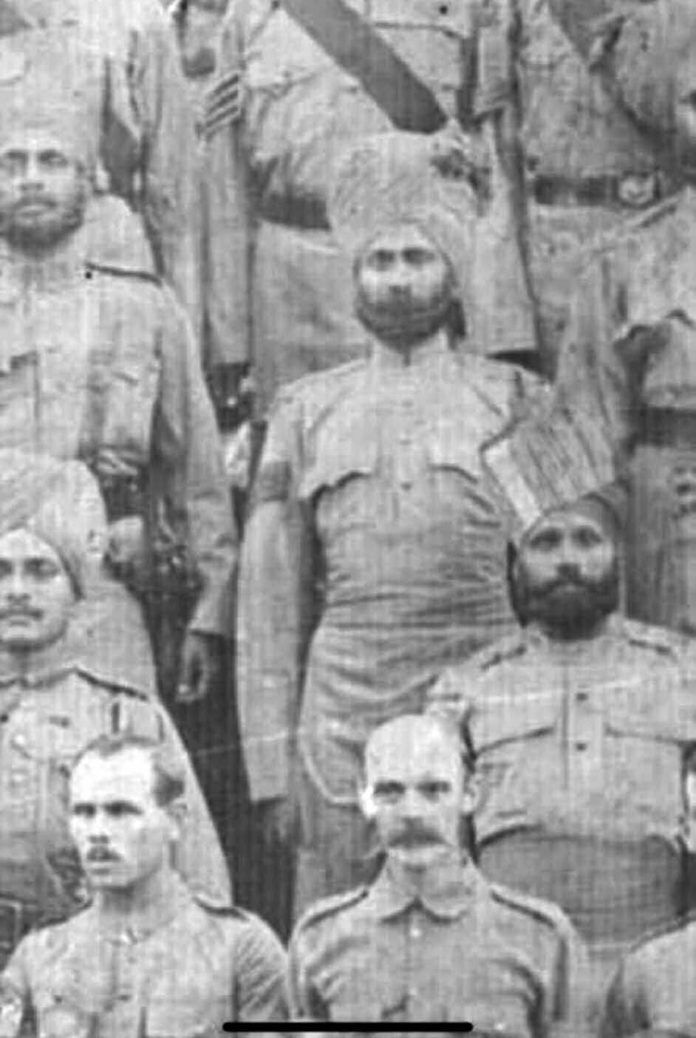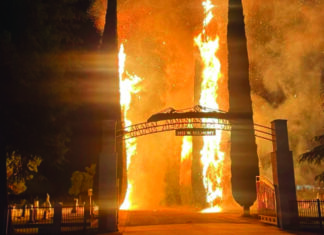“…. Here, you can have this doll. It is my daughter’s. You can keep it.”
One hundred years ago, these were probably the last words that a British soldier said to an Armenian orphan lost in the endlessness of the Mesopotamian desert handing her the precious memory of his once peaceful civilian life.
However, this is not an excerpt from a novel, but a real story obtained from a descendant of a Sikh soldier who once served in the British army during World War I.
Arjan Manhas, a young community historian, had as classmates two Armenian brothers. He remembers one day he was invited to their house for a party. It was a typical Armenian party with an immense quantity of food and lots of guests. Arjan noticed an old man, a grandfather, sitting away from the crowd, browsing through the pages of an old photo album.
“He told me that they were his ancestors in these photos, survivors of the genocide that happened a century ago,” he recalled.
Arjan is sharing with me his memories on the other side of the computer screen during our online interview from Canada, home to nearly half a million Sikhs.










